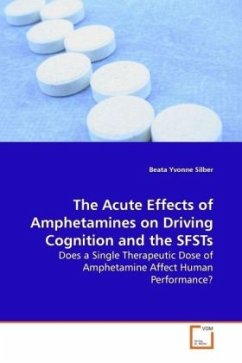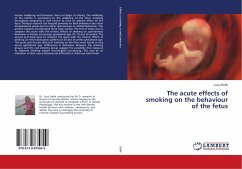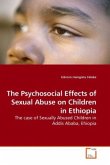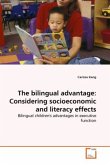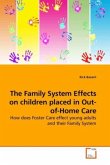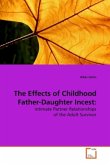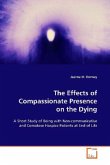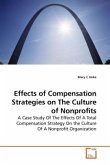Recently there has been an increase in awareness of
the role of drugs other than alcohol in the
causation of road accidents and deaths. One class of
drugs reported to be of most concern is the
amphetamines. The epidemiological driving literature
highlights a possible association between
amphetamine use and road crashes. However, since the
cognitive research generally indicates cognitive
enhancing properties following amphetamine
consumption, it remains unclear how amphetamines may
be related to adverse driving. The present work was
designed to explore this issue. Furthermore, the
efficacy of the SFSTs in identifying impairment
associated with amphetamine use, and the accuracy of
using the SFSTs to detect driving impairment
associated with amphetamine use, was evaluated. To
address these questions, the present work examined
the effects of a single acute therapeutic dose of
various amphetamine preparations, on simulated
driving performance, driving-related cognitive
processes (assessed using standard cognitive tasks
and brain imaging techniques, namely EEG), and
performance on the SFSTs, in healthy, stimulant-
using, non-fatigued adults.
the role of drugs other than alcohol in the
causation of road accidents and deaths. One class of
drugs reported to be of most concern is the
amphetamines. The epidemiological driving literature
highlights a possible association between
amphetamine use and road crashes. However, since the
cognitive research generally indicates cognitive
enhancing properties following amphetamine
consumption, it remains unclear how amphetamines may
be related to adverse driving. The present work was
designed to explore this issue. Furthermore, the
efficacy of the SFSTs in identifying impairment
associated with amphetamine use, and the accuracy of
using the SFSTs to detect driving impairment
associated with amphetamine use, was evaluated. To
address these questions, the present work examined
the effects of a single acute therapeutic dose of
various amphetamine preparations, on simulated
driving performance, driving-related cognitive
processes (assessed using standard cognitive tasks
and brain imaging techniques, namely EEG), and
performance on the SFSTs, in healthy, stimulant-
using, non-fatigued adults.

